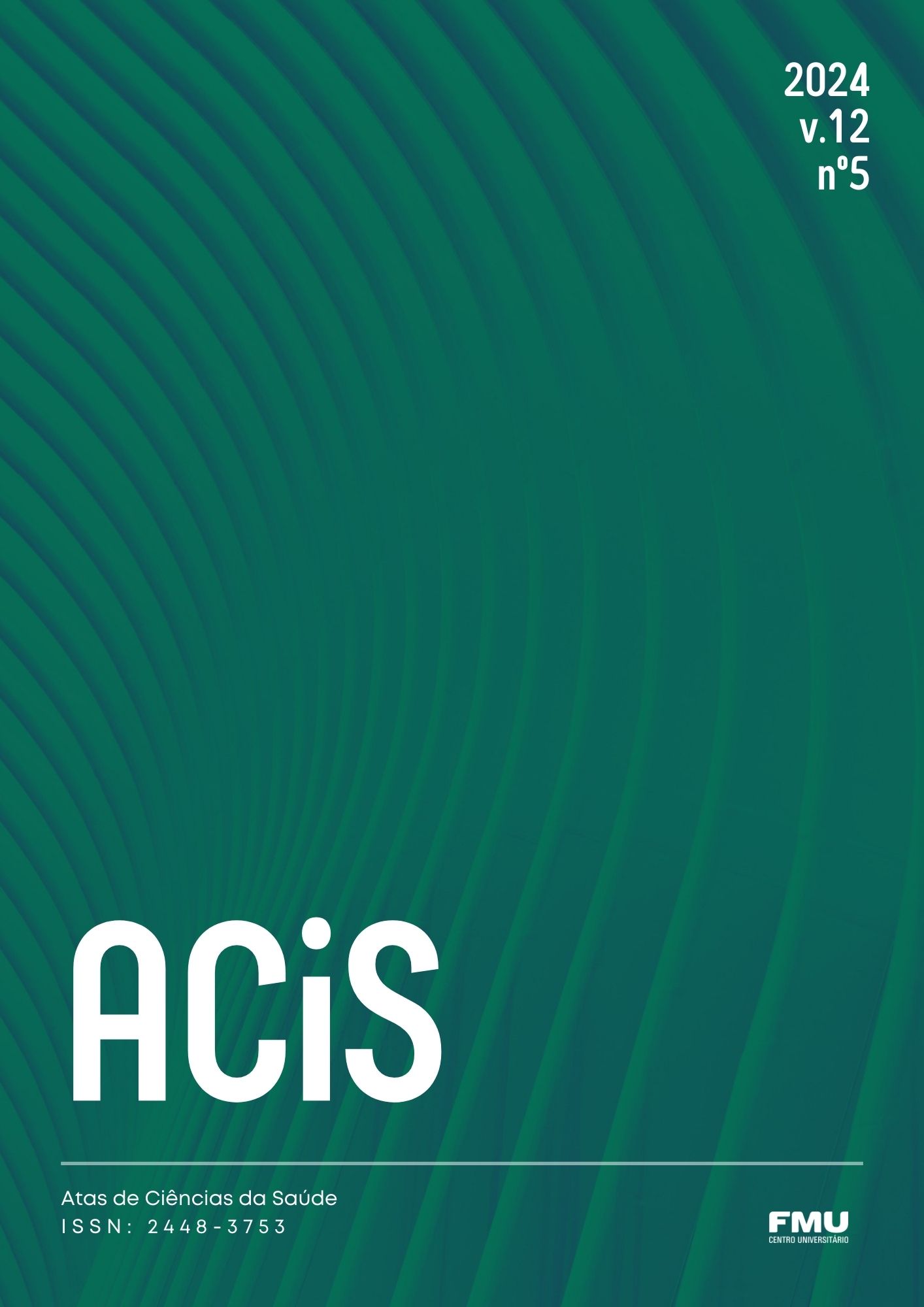Acessibilidade de estudante deficiente visual aos cursos da saúde do Centro Universitário das Faculdades Metropolitanas Unidas – FMU
Abstract
Accessibility for visually impaired students in a health course at FMU’s School of Health requires a comprehensive approach, covering educational materials, the learning environment, and clinical practices. The Institutional Psychopedagogical Support Center (NAP) plays a crucial role in this process, providing technical and educational support to promote equity in education and ensure full participation for students with disabilities. NAP operates on three main pillars: "I Am," focused on developing socio-emotional skills and mental well-being; "I Respect," which promotes diversity and human rights by ensuring architectural accessibility; and "I Learn," which aims at educational inclusion, adapting materials and removing communication and digital barriers. In health courses, practical activities are essential for professional training, and including visually impaired students requires planning that respects their limitations while enhancing their abilities. Key strategies include adequate supervision and methodological adjustments, the use of tactile resources and detailed technique descriptions, realistic clinical simulations, and inclusive assessments that consider alternatives for visually oriented tasks. Institutional support is essential, offering specialized pedagogical support, psychological and academic assistance, and continuous training for teachers and peers to foster an inclusive environment. Effective inclusion requires the commitment of everyone involved to help students fully develop their competencies and contribute to a more inclusive society.
Downloads
Published
Issue
Section
License
Copyright (c) 2024 Juliana Leandro, Caroline Ribeiro Souza , Thatiana Ribeiro Bispo Dos Santos, Jessica Lacerda Cordeiro , Ana Claudia Balda

This work is licensed under a Creative Commons Attribution-NonCommercial 4.0 International License.
Autores que publicam nesta revista concordam com os seguintes termos:
- Autores mantém os direitos autorais e concedem à revista o direito de primeira publicação, com o trabalho simultaneamente licenciado sob a Licença Creative Commons Attribution que permite o compartilhamento do trabalho com reconhecimento da autoria e publicação inicial nesta revista.
- Autores têm autorização para assumir contratos adicionais separadamente, para distribuição não-exclusiva da versão do trabalho publicada nesta revista (ex.: publicar em repositório institucional ou como capítulo de livro), com reconhecimento de autoria e publicação inicial nesta revista.
- Autores têm permissão e são estimulados a publicar e distribuir seu trabalho online (ex.: em repositórios institucionais ou na sua página pessoal) a qualquer ponto antes ou durante o processo editorial, já que isso pode gerar alterações produtivas, bem como aumentar o impacto e a citação do trabalho publicado (Veja O Efeito do Acesso Livre).





